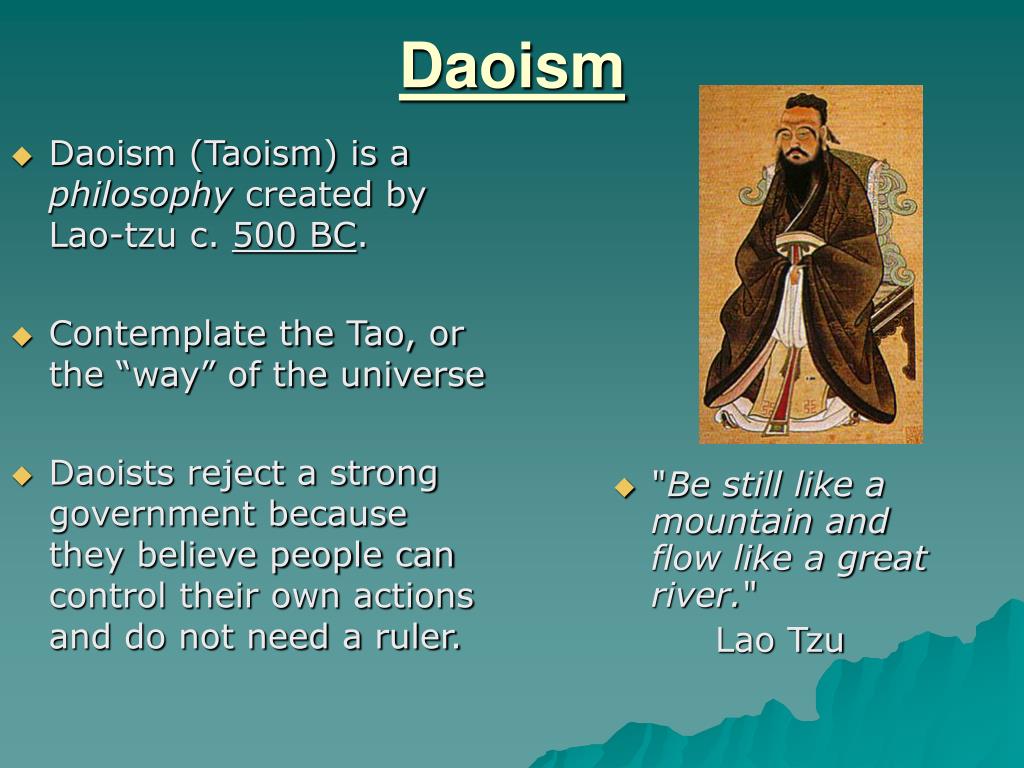Universal Basic Income, or UBI, has been a long-standing, long-defended idea of wealth redistribution in society. While its pre-industrial ancestors were more concerned with an equal sharing of fertile land or territory, the idea has since evolved to be the redistribution of the communal wealth generated and owned by society at large.
Also found under the labels of ‘social dividend’ or ‘national dividend,’ the main premise on which this idea rests is the productive capacity of a large group of people, most commonly a state or the world. Seeing as the production of value is a shared, communal effort across all layers of activity, advocates argue that the value produced, to some extent, is also communal and belongs to everyone equally.
In light of this premise, the model implies the regular, universal, unconditional transfer of an equal sum of money to all eligible citizens, regardless of their employment status or other factors.

Of course, most of the work supporting the implementation of UBI or one of its many variations comes from the left side of the political spectrum. Building on the basis laid by Karl Marx about the injustices of capitalism, UBI follows as a rather logical course of action.
However, there is no shortage of support for UBI coming from pro-capitalist schools of thought. Austrian school philosopher Friedrich Hayek famously saw a dire necessity for the existence of some form of social minimum guarantee for those members of society who couldn’t escape poverty by their own means.
Hayek never really shaped a structured case for UBI or anything similar, and all of his remarks on this matter were taken out from some of his lectures. His system did leave sufficient room for the idea, though.
But perhaps one of the most well-articulated liberal cases in favor of UBI comes from the Belgian philosopher Philippe Van Parijs. In his “Why Surfers Should Be Fed: The Liberal Case for an Unconditional Basic Income,” he starts with a news announcement from 1991 concerning welfare allocation in Hawaii.
At that time, Hawaii introduced a one-year residency requirement for people who wanted to access welfare benefits. This was done in order to discourage so-called welfare hippies, surfers who would come to Malibu to live off of welfare and surf all day.
This initiative was saluted by both Senator Wadsworth Yee, a prominent Republican figure from Hawaii, and John Rawls, the author of the revolutionary Theory of Justice that has set the grounds for most of the liberal political philosophy work following its publication.
The antagonizing attitude against the surfers prompted Van Parijs to wonder whether such actions against them were justified. At the end of his research, the answer was a firm no. In this article, I will explore the liberal argument made by Van Parijs in favor of a UBI. …
Read the full article which is published on Daily Philosophy (external link)





